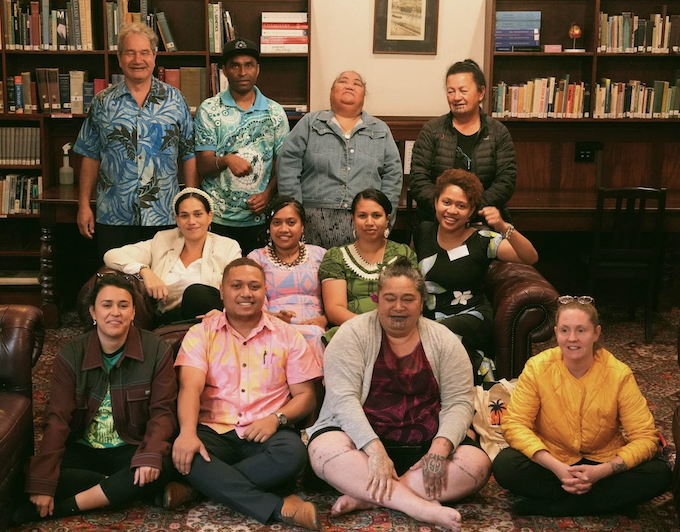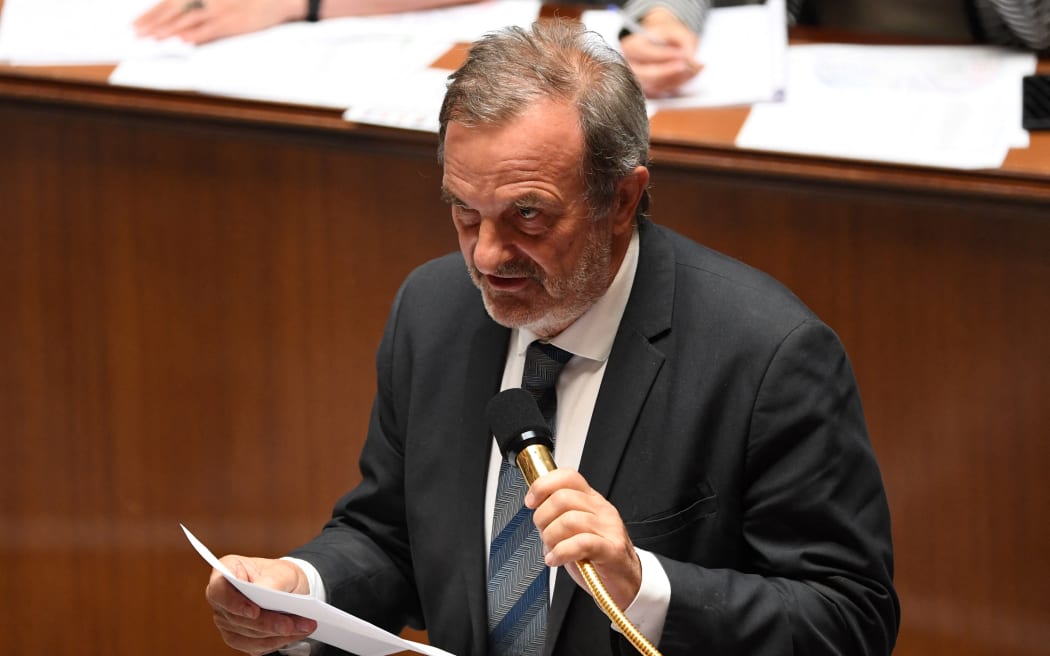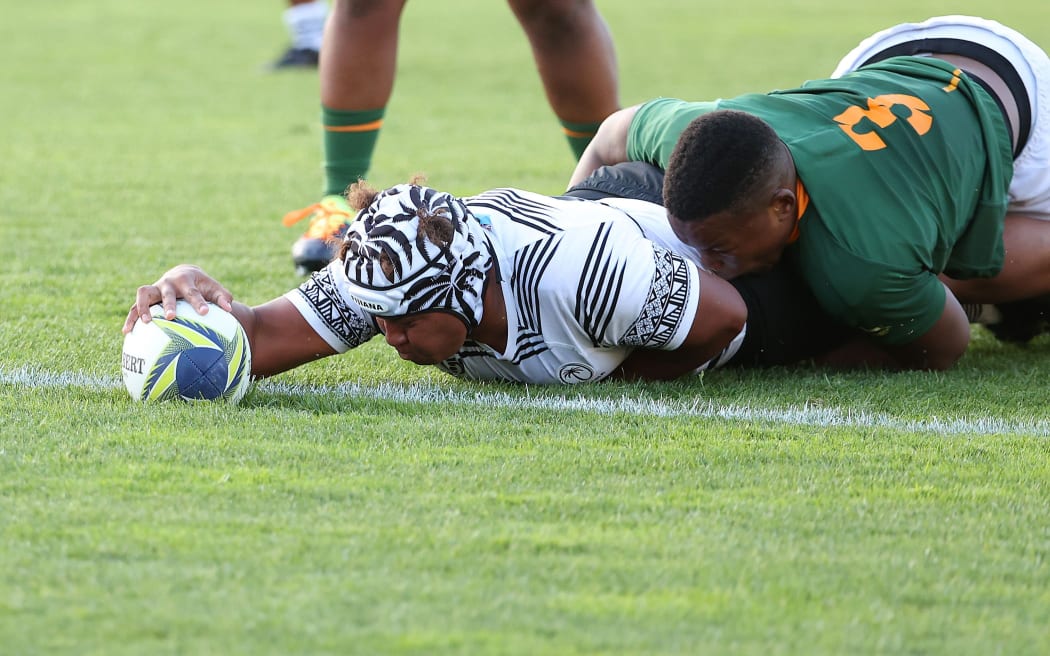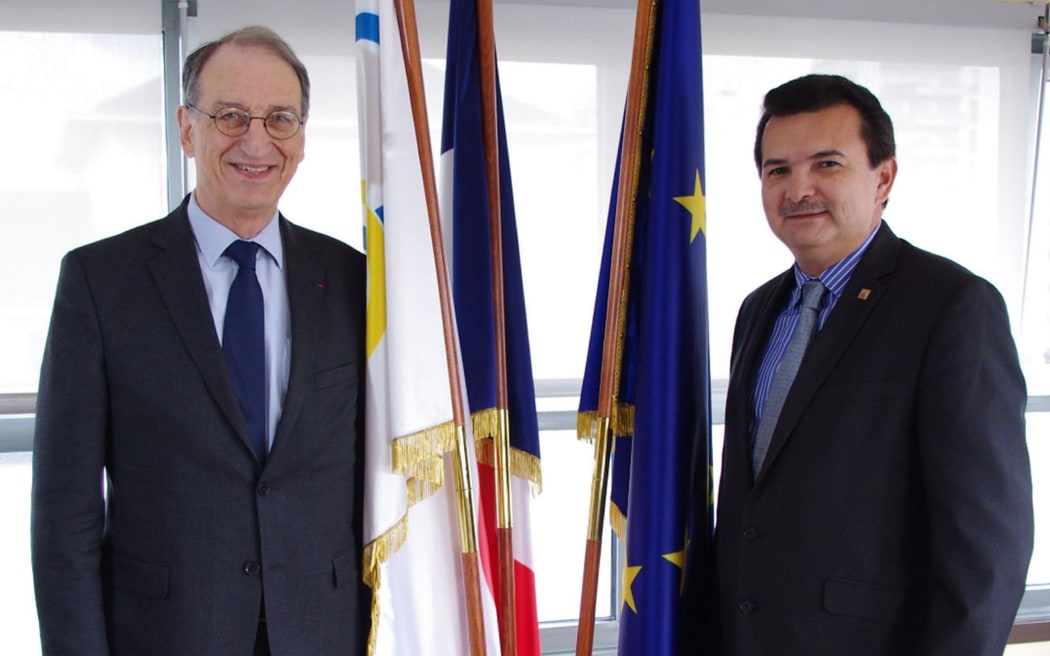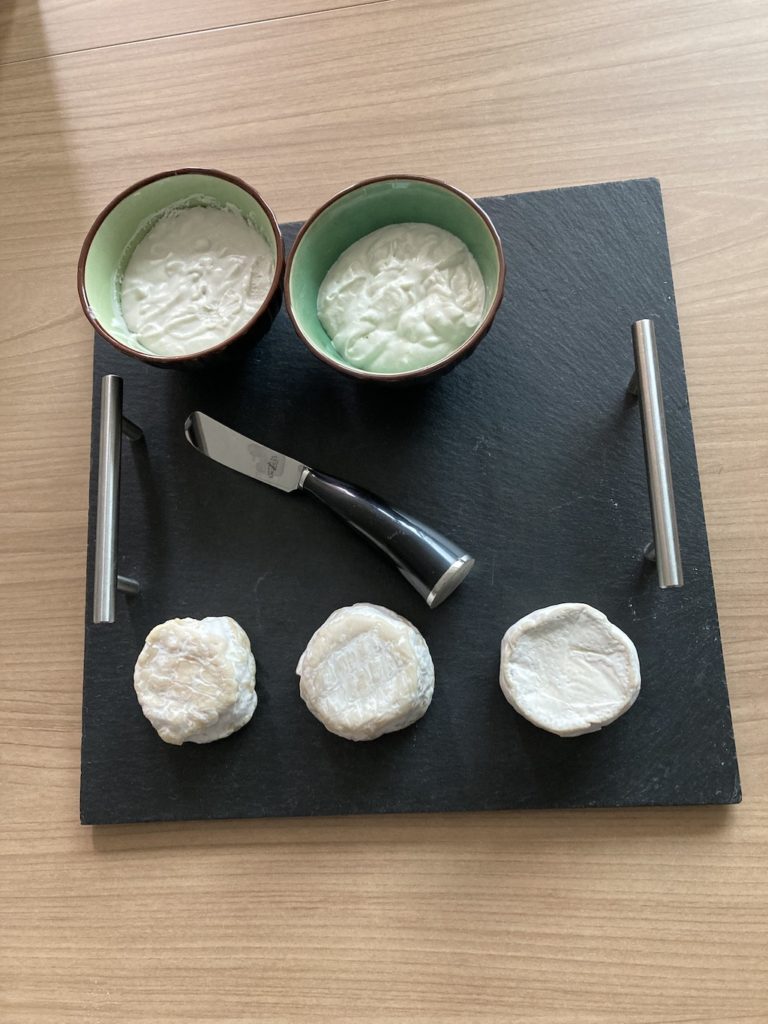Coups-d’etat, U.N. “humanitarian” massacres, a President assassinated by U.S.-trained, Colombian mercenaries, earthquakes, cholera… and even the “aid” of the Clinton Foundation! Now, the country ravaged by decades of natural and man-made disasters braces itself for a new “humanitarian” military invasion.
*****
In a recent speech, Josep Borrel, High Representative of the European Union for Foreign Affairs and Security Policy, explained to the world how “Europe is a garden”, while the rest of the world is a “jungle” that “could invade the garden”. This is his solution:
…gardeners have to go to the jungle. Europeans have to be much more engaged with the rest of the world. Otherwise, the rest of the world will invade us, by different ways and means.
In reality, racist “gardeners” have been invading the “jungle” for centuries, plundering and scheming genocidal massacres, and Haiti knows it better than most countries. Their “gardening” has also ensured that the so-called jungle remains underdeveloped.
In another recent speech, this time at the United Nations General Assembly, Colombian president Gustavo Petro apologized to Haiti. The first leftist head of state of the South American country – also ravaged by decades of hypocritical U.S. “war on drugs”– was referring to the assassination of Jovenel Moise during a July 2021 attack, perpetrated by a group of mostly Colombian ex-soldiers. It also included 2 Haitian-Americans. The foreign gang, trained in part by the U.S. Army, posed as a team of DEA officers to gain entry to the presidential compound.
Since then, social unrest has severely increased all over the country, and there’s an almost complete breakdown of the rule of law and many basic social services. The Haitian elite — including its U.S.-approved, de facto President, Ariel Henry — is calling for another foreign “humanitarian intervention” (a.k.a. “gardening”). Western corporate media argue that Haiti is calling for such an intervention. By “Haiti”, they mean its corrupted and U.S.-aligned political and oligarchic elite. What many people on the streets of the convulsed country really demand — besides the ousting of Henry — is that foreign forces stay the hell out of Haiti.
Regarding Western (U.S. and vassal states) support for Henry, who already received armored vehicles, let’s read what the U.S. representative to Haiti said after renouncing his post on September 22, 2021:
Last week, the U.S. and other embassies in Port-au-Prince issued another public statement of support for the unelected, de facto President Dr. Ariel Henry as interim leader of Haiti, and have continued to tout his ‘political agreement’ over another broader, earlier accord shepherded by civil society.
The embassies referred to in his quote, as Canadian writer Yves Engler explains, compose the U.N.-approved Core Group, “made up of ambassadors from Germany, Brazil, Canada, Spain, the United States, France, and the European Union.” The group, he adds:
…has heavily shaped Haitian affairs ever since American, French and Canadian troops assisted in the overthrow of the country’s elected government in 2004 and installed a United Nations occupation force.
What President Henry, himself a suspect in the killing of Moise, intend is for a foreign military or U.N. “peace-keeping” mission to enter the country and neutralize the gangs, particularly those not armed and directed by the government itself, as they currently control parts of the country and, most importantly, many vital highways and a sequestered oil refinery. Haitian gangs kidnap people to ask for ransom money, which then finances their criminal exploits, including the illegal trafficking of arms manufactured in the U.S. They have turned Haiti into the new kidnapping capital of the world. Murder and rape are widespread as well (more detail below).
Despite the many suspects arrested so far, the situation surrounding Moise’s killing remains obscure: there’s still no mastermind identified as responsible for ordering the assassination.
From the Brazilian Favelas to the Haitian Shantytowns
The United Nations Stabilization Mission in Haiti (MINUSTAH, 2004-2017) was purportedly intended to ameliorate the chaos that overtook the country after the aftermath of the foreign coup against the first democratically elected President of Haiti, Jean-Bertrand Aristide, which happened in February 2004, two hundred years after Haiti’s heroic independence from France. In 2004, as mentioned above, the U.S., Canada, and France collaborated in the ousting of the popular leftist politician and priest from the Fanmi Lavalas party.
Conveniently, a group of Brazilian Army generals, many of them tied to the dictatorship that controlled their country until 1985, were placed in command of the U.N. mission, which was quickly associated with a handful of civilian massacres, particularly in the overpopulated slums of Cité Soleil, in Port-au-Prince, where around 300,000 people live in extremely precarious conditions. Cité Soleil is also where thousands of Fanmi Lavalas Party supporters live. These criminal raids resembled police and military incursions into many Sao Paulo and Rio favelas. There, under the cover of fighting criminal gangs, racist state actors killed innocent civilians, including boys, and unleashed terror over thousands of mostly black men, women, and children.
While the Haitian massacres were occurring, as documents released through the Freedom of Information Act attest, the U.S. and its intelligence services were aware of the brutality being unleashed over Cité Soleil. On their part, the most important human rights organizations –like Amnesty International, Human Rights Watch, and the Organization of American States– “remained conspicuously disinterested and silent about the evidence”.
Some of the pictures of the chaos and murderous actions of the MINUSTAH –comprised of soldiers from 13 countries– are too explicit to be shown here, but the reader can visit HaitiAction.net to understand the extent of the cruelty exerted by these “peace-keepers”, who didn’t care to shoot at women and children with high caliber guns, even from helicopters, another terrorist tactic used by Brazilian police and military over the favelas.
The idea behind raiding Cité Soleil and other shantytowns around Port-au-Prince in reality was to eliminate and terrorize Aristide supporters, rightly infuriated by the 2004 brazen postcolonial coup d’etat ordained and executed by the usual “gardeners”. They demanded the return of their democratically elected President, forcefully exiled to Africa. Those demands would be a regular feature for many years after the coup.
Only between July 8 and July 17 of this year, 209 people were murdered in Cité Soleil. Half of them were innocent bystanders, without ties to any gang, and the rest, according to the BBC, were gang members “or people with links” to them (whatever that means). Other sources refer to many of these gangs as “paramilitary forces”, a regular feature when the Western “gardeners” control a puppet third-world government immersed in violent conflict. Between January and March of this year, 225 persons were kidnapped, 58% more than during the same three months of 2021.
The U.N. mission in Haiti was also accused of unleashing a plague of cholera by dumping infected waste into the tributary of an important river, killing more than 10,000 people. The U.N. blue helmets also stand accused of raping Haitian girls and women –or trading food for sex– leaving behind many “petit-MINUSTAH” as their abandoned offspring is often referred to.
The Montana Accord
Last September 29, in line with the Western “gardener” tradition, U.S. ambassador Pamela A. White said before the U.S. House Foreign Affairs Committee, referring to Haiti, that her country must put “boots on the ground right now!”
If history offers any kind of lesson, her declaration should be more than enough to understand that nothing good is coming toward Haiti in the next months or years of foreign occupation, now a very probable outcome as the U.N. Security Council has unanimously adopted a resolution “demanding an immediate end to violence and criminal activity in Haiti and imposing sanctions on individuals and groups threatening peace and stability in the Western Hemisphere’s poorest nation — starting with a powerful gang leader.”
The gang leader referred to is the former police officer and “G9” gang boss Jimmy Cherizier, sanctioned by the U.S. and, now, also by the U.N. Despite the presence of many other gangs and their leaders, Cherizier, linked to various human rights violations he denies, is the only one to receive such sanctions so far. He is also the gang leader calling for revolution against the Henry regime.
The U.N. Security Council resolution (October 21) opens the door for a second resolution, already in the making by the U.S. and Mexico, to authorize a “non-U.N. International Security Assistance Mission”, which is what the “gardeners” are desperately pushing for.
The Washington Post Editorial Board, on its part, recently stated that the Montana Accord is “the right move for Haiti”. To be clear, the boots on the ground “right now!” option, in the form of a non-U.N. security mission, doesn’t exclude the Montana Accord, an assortment of Haitian political groups that include some shady characters. In fact, they are probably meant to work together, hand in glove.
The putative leader of the Montana Accord is Magali Comeau-Denis, Minister of Culture under Gerard Latortue, de facto President of Haiti from 2004 to 2006 (right after the coup that ousted Aristide). As Haiti Liberté reported, she was harshly criticized for starting unilateral negotiations –after the U.S. pressured her to do so– with Ariel Henry, which led to other participants leaving the Montana Accord. According to the leader of the Movement for Liberty, Equality, and Fraternity (MOLEGHAF), a revolutionary and progressive party from Port-au-Prince that left the coalition:
MOLEGHAF agreed to sign and join the Montana Accord because we were supposed to find this ‘Haitian solution,’ without bowing to the dictates of (then U.S. Chargé d’Affaires) Kenneth Merten, (and former) U.S. State Department officer and current head of the U.N. Office in Haiti, Helen La Lime, or the French, Canadian, and U.S. Embassies.
In other words, the accord supported by the Washington Post, a mouthpiece in the service of Western elites, marches on behind the façade of a “Haitian-led” solution but is nothing of the sort.
Certainly, the Haitian gangs –some of them substantially supported by the Haitian government as a way to control society, and armed with guns that the U.S. seems surprisingly incapable of controlling– must be stopped. But thinking that the way to achieve this is by allowing another occupation of the country goes stubbornly (and disingenuously) against, at least, a few hundred years of recorded history. The racist and colonial mentality of the “gardeners” imply that Haiti cannot rule itself, so it must be controlled from Washington.
The post
Haiti: The “Gardeners” are Coming Back to the “Jungle” first appeared on
Dissident Voice.
This post was originally published on Dissident Voice.
